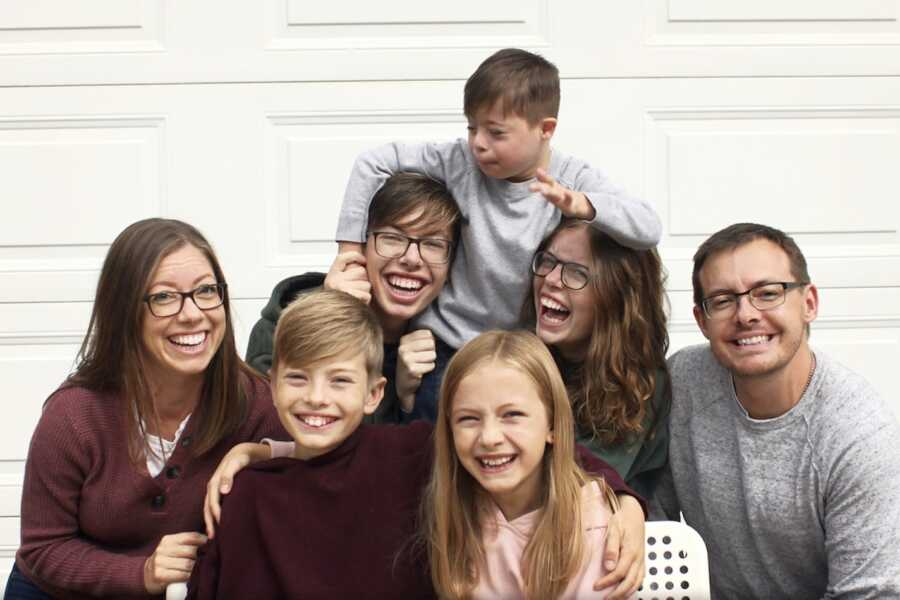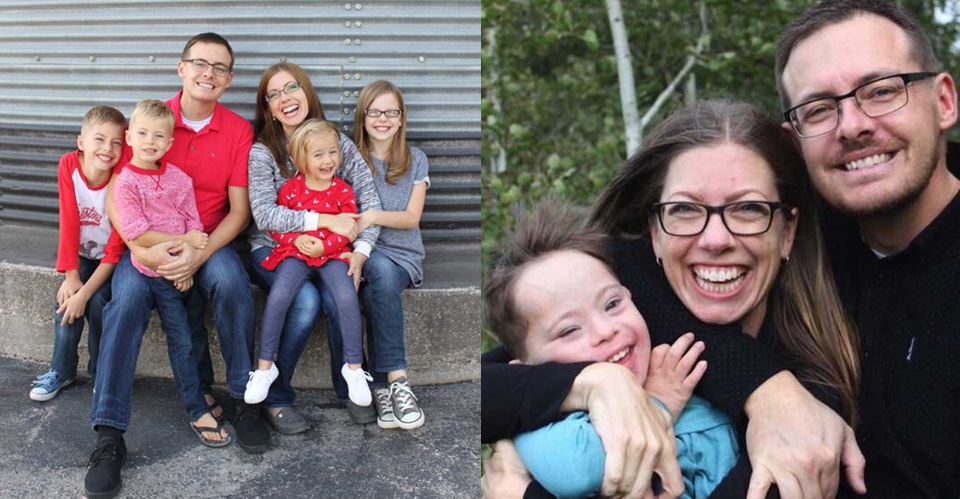Sometimes the smallest yes turns into a lifetime of laughter. As a child, Jacki loved dolls the way some kids love puppies. Every birthday, she brought another “orphan” to her bedroom and gave each one a story. They were new, but never perfect in her imagination: one had spots, another a crooked leg, another greenish skin, another no hair. Instead of scaring her, those “flaws” made her love them more. She couldn’t know it then, but she was training her heart for a child she would meet decades later. By 2016, Jacki and her husband, Rob, had been married for fourteen years. He pastored a small church; she homeschooled their four healthy kids. A thrift-store book called “Anything” nudged her to say yes to whatever came next.
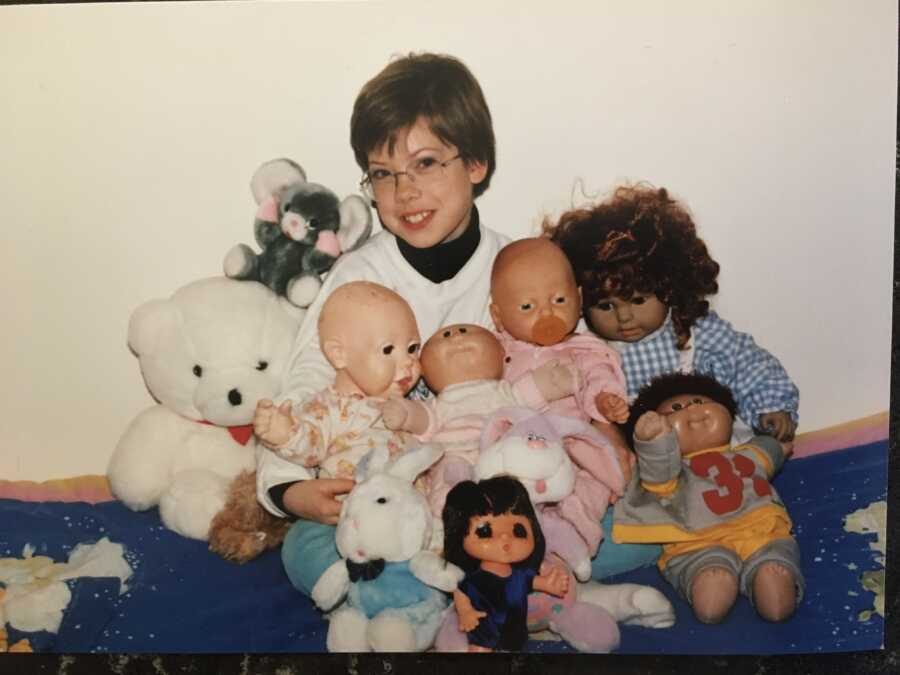
Then she dreamed twice: in one dream, a tiny child with special needs rested so lightly on her back that she hardly felt it; in the other, she and Rob filled out stacks of paperwork with surprising peace. Soon afterward, both felt the same pull to adopt.
Jacki had cared for a girl with Down Syndrome years earlier, so the idea already lived in her. She followed Reece’s Rainbow, a site that advocates for children with disabilities worldwide, and often wondered about those little faces waiting for a family. When she and Rob told their kids, the house buzzed. Each child’s personality seemed made for the journey: the natural teacher, the gentle helper, the fearless friend, the mini nurse. They began their home study in January 2017, helped by a small inheritance from Jacki’s grandparents. The paperwork pile was real but somehow calm, even funny at times, like when a social worker arrived right after a minor marital spat and asked, “When were you last angry?”
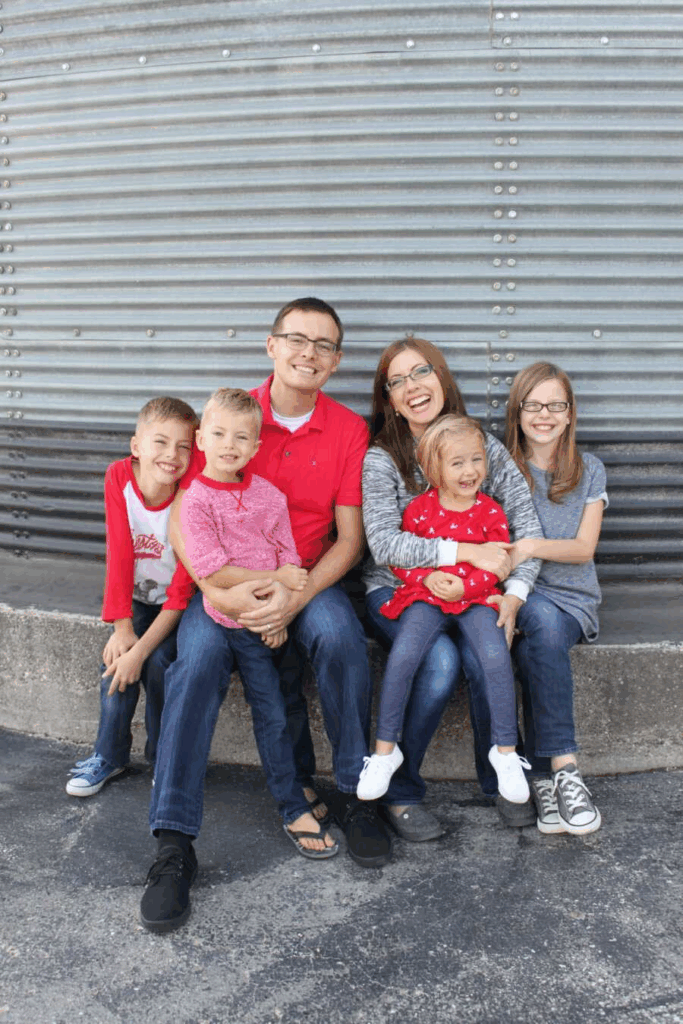
Honesty passed the test, and often, out of nowhere, awe would wash over Jacki at the store, in the car, or at church, as if she were stepping into something sacred. By fall, their dossier was in Bulgeria. The waiting hurt, then, in January 2018, a call. They were matched with a two-and-a-half-year-old boy named Petar in Burgas, small for his age, diagnosed with Down syndrome.
Two tender coincidences made their breath catch: His name matched Jackie’s grandfather’s, and his birthday matched her grandmother’s. They received one solemn photo and a few lines of information. Two weeks later, they flew to meet him, collecting encouragement from strangers along the way: an airline worker with a sister with Down syndrome and a security guard who dreamed of adopting many children. It felt like the universe was cheating them.
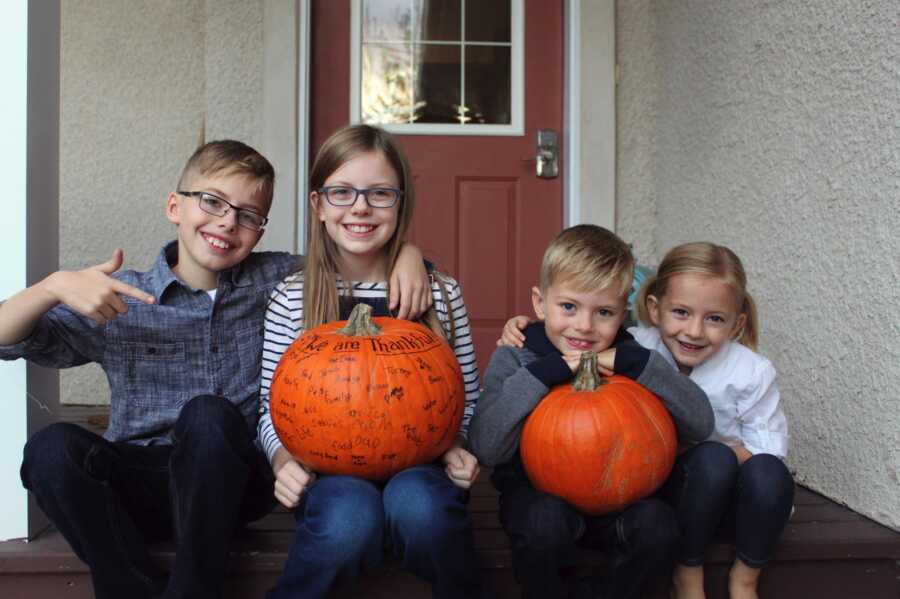
A caregiver set a tiny boy on a carpet at the orphanage and stepped back. He was shyer and sweeter than his picture. They played with lights and music, and soon he giggled, deep and contagious. For five days, they visited twice daily. He learned “mama,” “dada,” and “ball.” When he didn’t respond to “Petar,” they chose a new name for a new start: Timothy Petar David Balfour, honoring his roots and marking his place in their family.
To their relief, he hadn’t been warehoused in a grim ward. He’d been cared for with love, including weekly art therapy from a woman trained to help children with Down syndrome prepare for family life. Leaving him until the court finished its work was the hardest part.
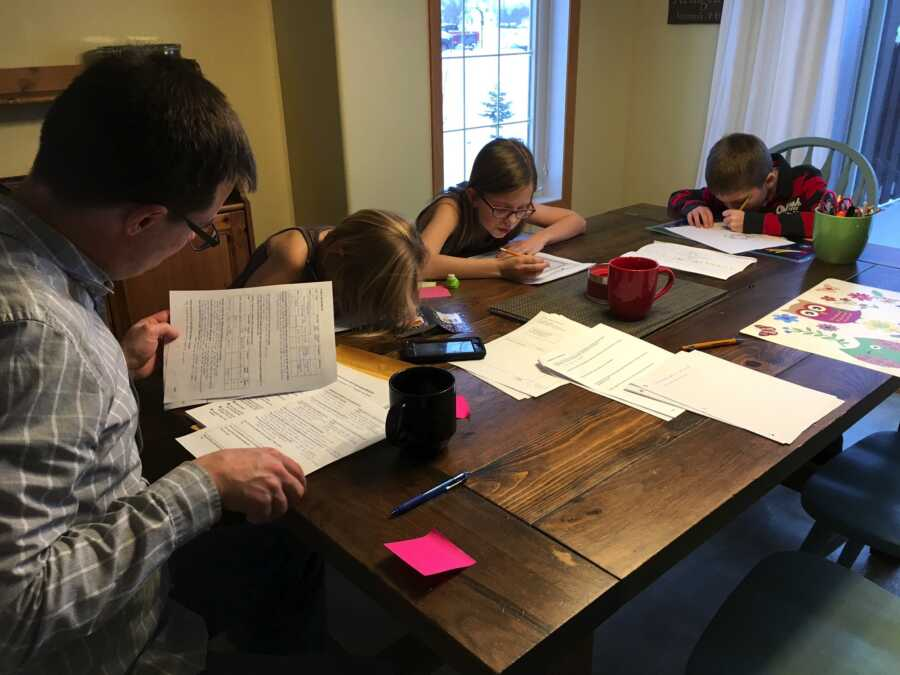
On May 28, they returned to bring him home. At first, Timmy was terrified. He rocked himself to sleep for comfort and laughed when hurt, a coping habit from early neglect. He wobbled and bruised easily. Still, he warned them within hours. Back in Canada, his siblings waited on the “hug rug” at the airport, bursting with joy.
In the months that followed, Timmy bloomed. He gained strength, cried when hurt, and reached for comfort. He picked up sign language “help,” “more,” “owie,” and learned to ask for what he needed. He played pretend, carried a pot of “soup,” and melted into bedtime cuddles. Night after night, Jacki rocked him to sleep. He fit their family like that feather-light child in her dream.
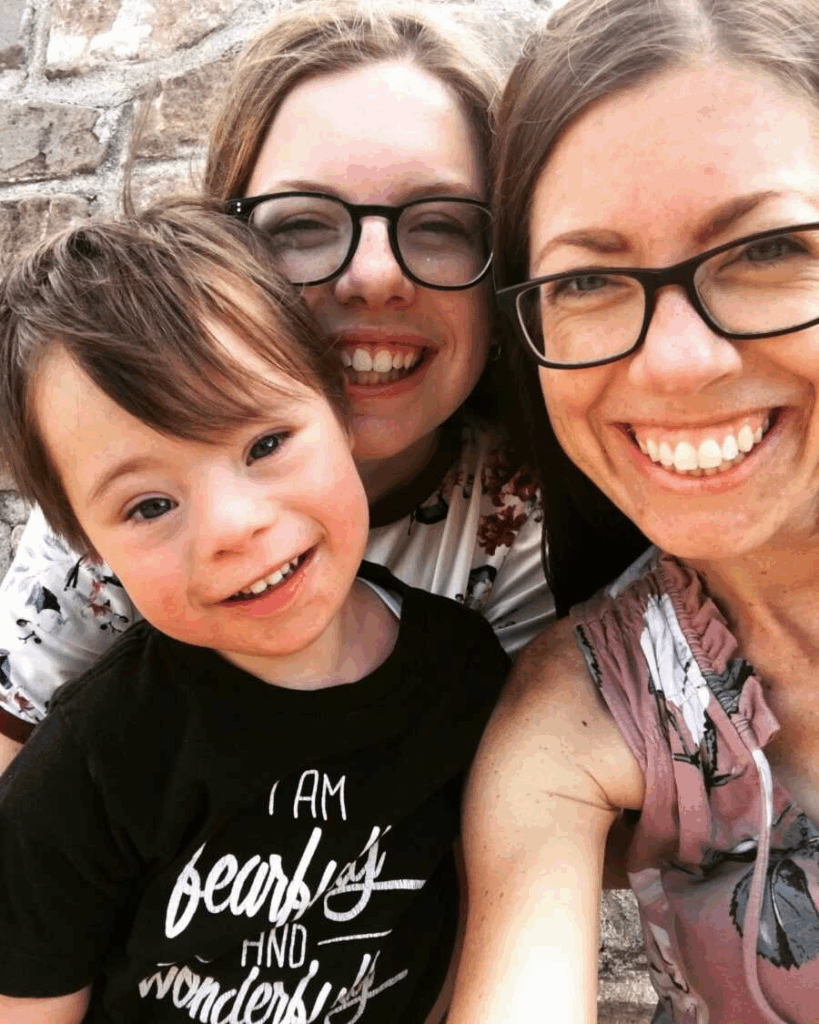
It was not all easy. There were draining days, boundary-testing days, grief-tinged days. But reminders were everywhere: her childhood love for “different” dolls, the nanny job that opened her eyes, the uncanny links to her grandparents, the mercy of a kinder orphanage, the way she looked and laughed like them. Over and over, gratitude won.
Timmy was seven, in second grade, and adored by teachers and friends. He was gentle and funny, obsessed with noodles, and famous for his laugh that filled the room. Each sibling had a unique bond with him. The household soundtrack was toddler tunes and the steady rhythm of joy. They know they could have missed this, and they’re grateful they didn’t because one brave yes made room for their miracle.
